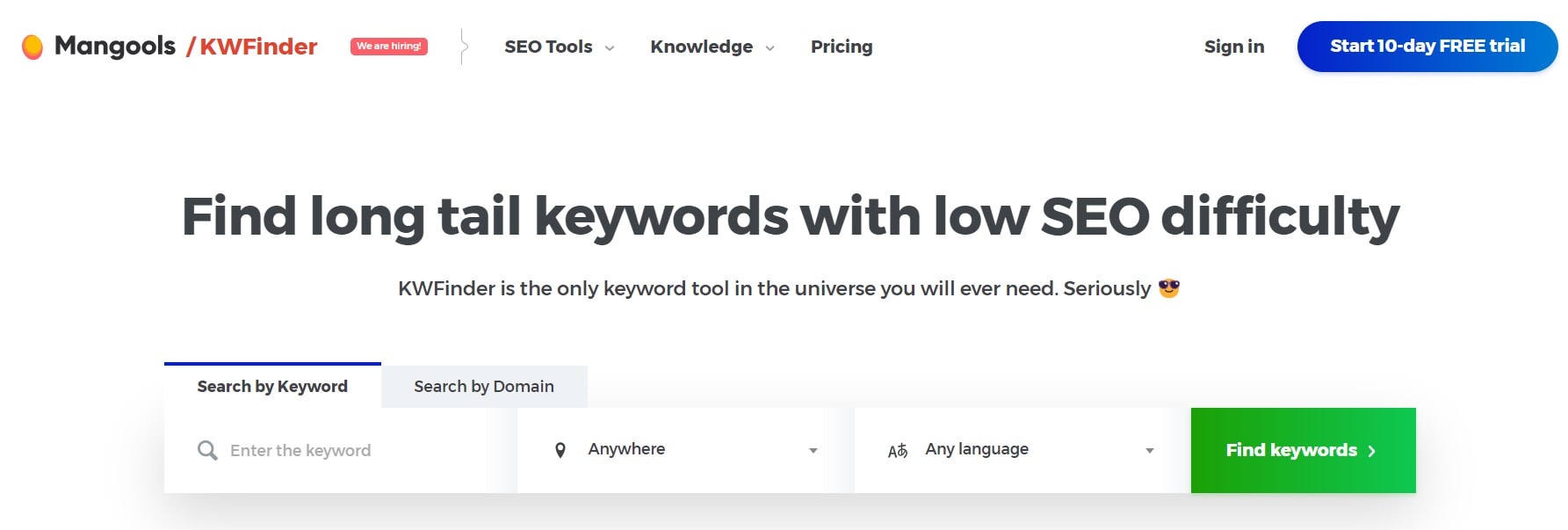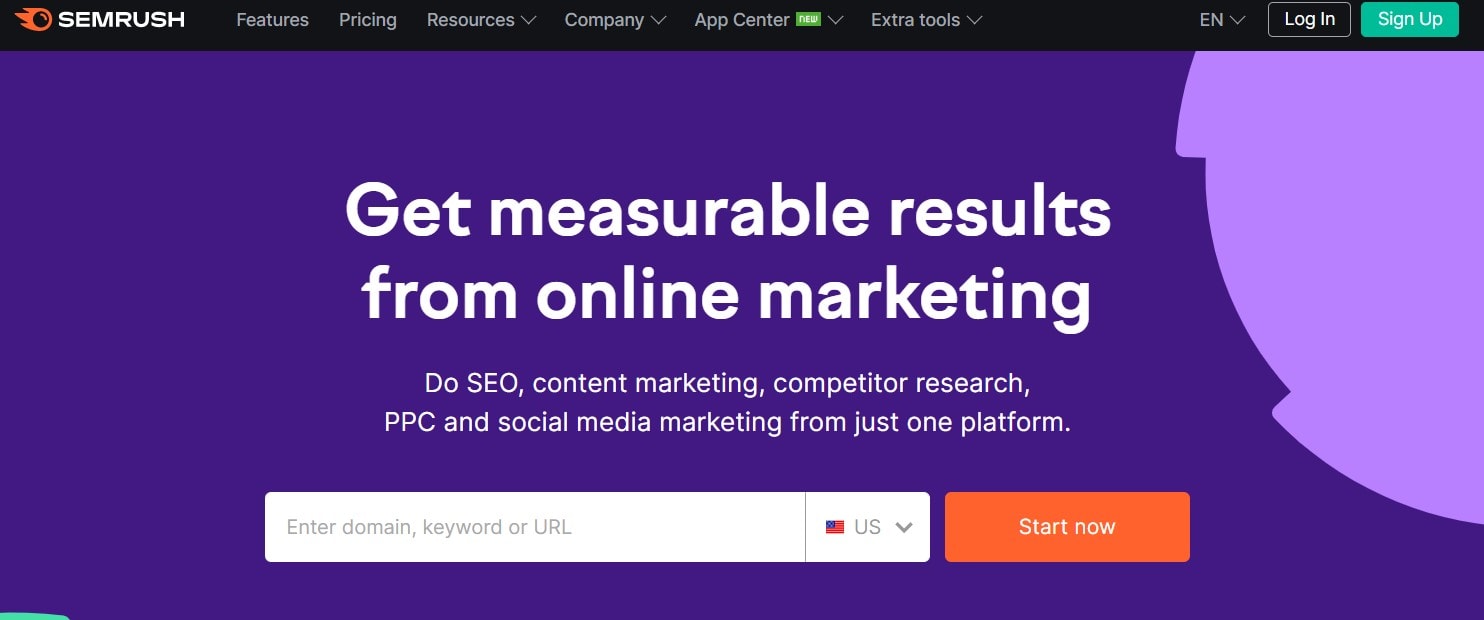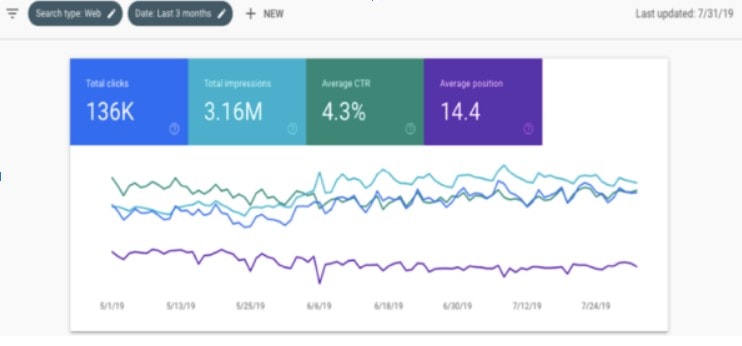Your cart is currently empty!
Tag: Keyword
-

Best Free Google Keyword Planner Alternatives
[ad_1] Updated on: November 2, 2022 Affiliate disclosure: In full transparency – some of the links on our website are affiliate links, if you use them to make a purchase we will earn a commission at no additional cost for you (none whatsoever!). Due to recent update on Google keyword tool, we have lost our precious
-

6 Best Keyword Research Tools 2022 (#1 Pick)
[ad_1] In this article, we will provide you a list of 6 Best Keyword Research Tools 2022 Any digital marketing strategy must include keyword research, which can also aid in business expansion. Unfortunately, many keyword research tools are outdated or difficult to use. Further, Choosing inadequate tools can really hurt your business. Many people are
-

Semrush keyword Research 2022: Is Semrush keyword Free?
[ad_1] In this article, we will discuss Semrush keyword Research 2022 As a marketer, keyword research is vital for understanding which terms your audience is using to search for products or services like yours. It also gives you insights into what your competitors are targeting to attract potential customers. But with so many different keyword
-

A Simple Guide To Understand Keyword Search Volume 2022
[ad_1] Even if you’re absolutely new to search engine optimization (SEO), you definitely came across the concept of keyword research. In turn, keyword research is essentially based on two metrics that you should consider for choosing which search queries you should optimize your site for: Keyword search volume; and The level of competition for that
-

Semrush vs Serpstat 2022: Which is Better Keyword Research Tool
[ad_1] Semrush vs Serpstat 2022: Which is Better Keyword Research Tool [ad_2]